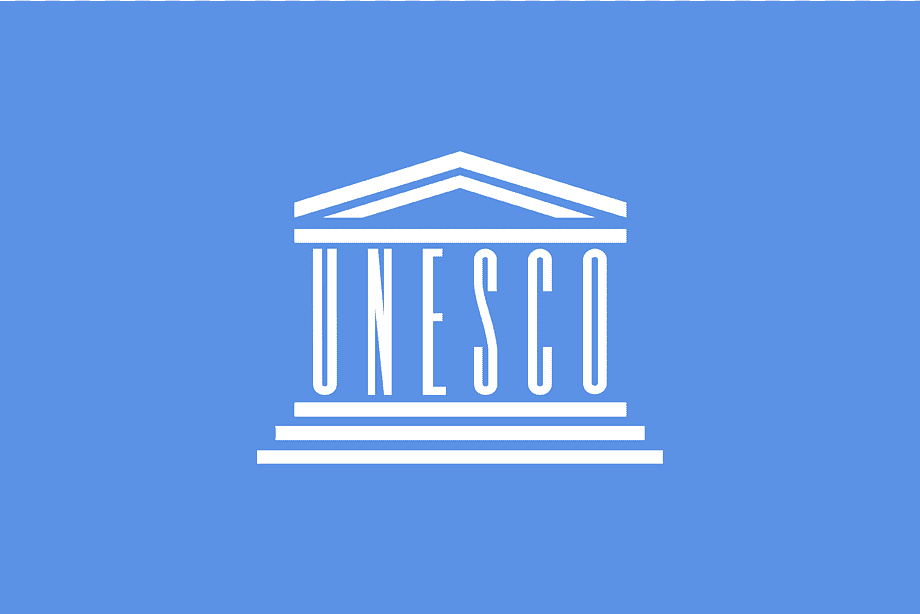
Dr. Mohamed El-Guindy, president of ISSA Egypt is invited by UNESCO IFAP to join the UNESCO IFAP working group. Dr. El-Guindy is a frequent speaker at UNESCO IFAP International Conferences and participated in drafting several IFAP documents and declarations.
Created by UNESCO Member States in 2001, IFAP provides a framework for international co-operation and partnerships aimed at building inclusive and sustainable Knowledge Societies.
The Programme is guided in its planning and implementation by an Intergovernmental Council, currently comprising 18 UNESCO Member States that are elected by UNESCO’s General Conference. The Council guides the planning and implementation of the programme by considering relevant proposals, recommending broad lines of action, assessing achievements, encouraging the participation of Member States, and supporting fundraising efforts.
The Intergovernmental Council elects a Bureau composed of six members: a Chair, four Vice-Chairs and a Rapporteur. Members of the Bureau fulfil their roles and responsibilities in accordance with the “Guidelines on Responsibilities of Representatives of Electoral Groups in Bureaus”. The Members of the Bureau also assume the role as chair of 6 working groups.
The 6 working groups, corresponding to the 6 priority areas of IFAP, play an important role in the implementation of IFAP’s activities and are responsible for developing detailed contributions to IFAP’s work. The 6 priorities are Information for Development, Information Literacy, Information Ethics, Information Preservation, Information Accessibility and Multilingualism.
In addition, several National IFAP Committees pursue the goals of IFAP at the national level by serving as a meeting point for various stake-holders and as an avenue for the transfer of knowledge from the international to the national level.
IFAP Working groups https://www.unesco.org/en/ifap/working-groups
